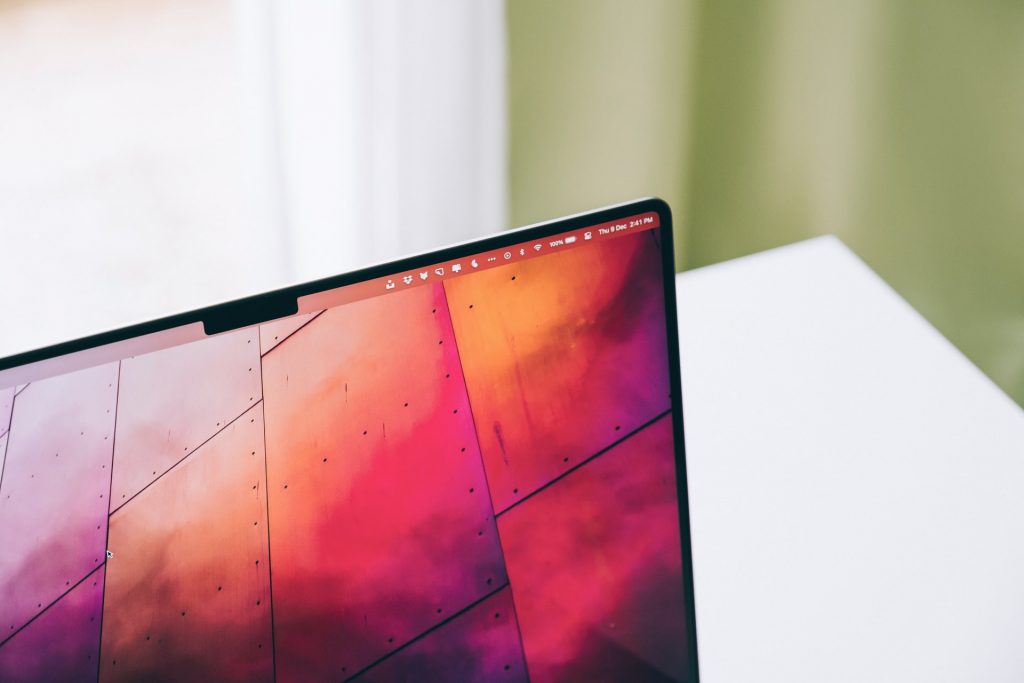As an Apple user knows, there are some steps you can take to protect your Apple devices from harmful software. Apple designs its products with security in mind. As a result, they are generally more secure than their Microsoft counterparts. However, most of us have our entire lives on our phones, computers, and other devices. So making sure that they are safe from different kinds of viruses and malware is important on a personal, professional and financial level, and there are a few simple steps you can take to ensure your devices are safe.
A good antivirus program
One of the best things you can do is install a good antivirus program. Viruses and malware are designed to exploit security vulnerabilities in order to infect machines, so making sure that you properly protect your Mac from a virus will ensure that most – if not all – attacks fail. When looking for an antivirus program, make sure you select one from a reputable company. There are too many free programs available that do not actually protect your device from viruses and other malicious software because they cannot afford to develop the security infrastructure needed to remove the malware that affects Apple products. Looking at pre-curated lists of antivirus software can help you determine which antivirus program will suit your needs best.
Update your software
Another way to protect your Apple device from viruses and other harmful software is updating your operating system regularly. Most attacks exploit holes that have not been patched by the operating system, so staying current with patches significantly reduces the risk of being attacked. The best way to do this is by setting your device to update automatically. Most Apple devices are configured to download updates in the background, which helps ensure that you have the latest security patches installed. That said, if you’re unsure whether that would take too much data when it comes to your payment plans, you can always do the updates manually when there’s wifi available. If you choose to do so, make sure to check for available updates at least once a week, if not more often.
Use strong passwords
One of the simplest ways a virus can gain access to your device without permission is through passwords and account names. That’s why it’s extremely important to use strong passwords. This means making sure your password is at least 10 characters long and contains numbers, letters, and punctuation symbols. It’s also important to change your password every so often so that it cannot be used if someone else obtains access to it by chance. If you have a hard time remembering complex passwords, installing a password manager ensures that you’ll have a unique, random password for every account you create. A lot of viruses are designed with common user habits in mind. In other words, if your password isn’t something the virus is looking for, it won’t be able to gain access. However, you need to make sure the password manager you choose is secure and does not contain viruses or malware itself.
Beware of apps
Some apps, especially the free ones, are designed by cyber criminals who will share your personal information with other cybercriminals. Many times, they’ll use the information to steal money from you or for spam marketing strategies that lead to identity theft. When downloading an app, make sure you do some research first. Search the web for the name of the app and “reviews” to find out if users have complained about viruses. If they have, don’t download it. Of course, the best thing to do is to always read the terms and conditions of any app you decide to install. However, most people never do, which is why it’s important to look up the app beforehand.
Browsing safety
Of course, you can’t protect your device from every single virus out there. That’s why it’s important to be conscious of what information you share online. Be aware that any information typed into a search engine is cached by internet service providers (ISPs) and government agencies. This means anything you put on the web, including personal conversations, could come back to haunt you later. It’s also important to be aware of what you’re sharing on social media because even photos can contain metadata that could compromise your identity. Additionally, clicking on links without performing at least a cursory internet search first for reviews or comments is another way people can unintentionally open the door for harmful software. That’s why it’s important to be careful about what you click on, and if you do click on something that is potentially harmful, scan your computer with a malware detection and removal tool.
Apple devices are some of the best and most powerful on the market, but if you aren’t careful with them they can become infected by harmful software that attacks your personal data. By using a good antivirus program, strong passwords, and by regularly installing Apple security updates, you can prevent your device from becoming compromised.
